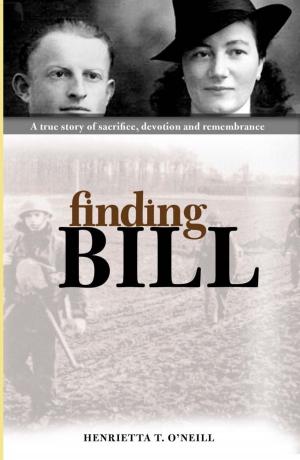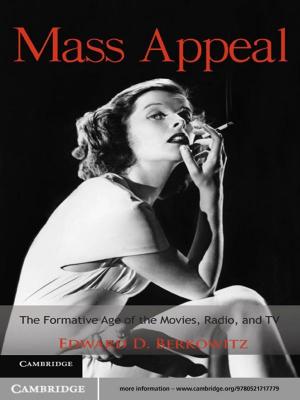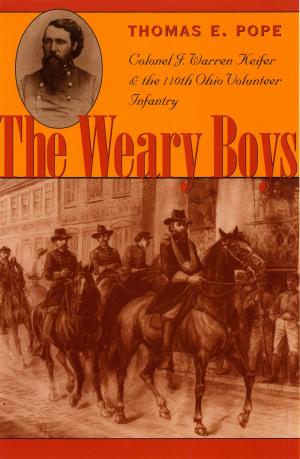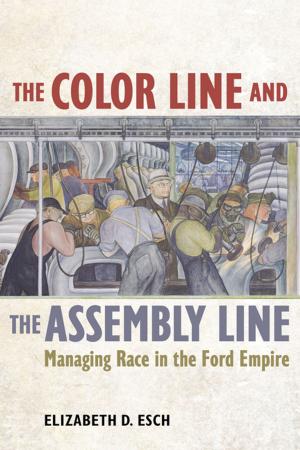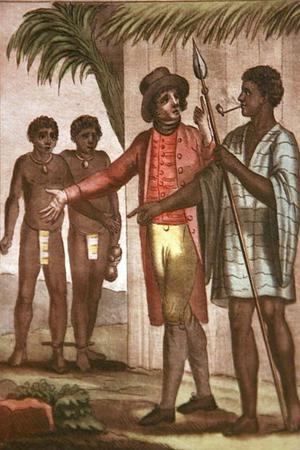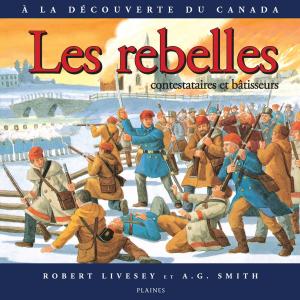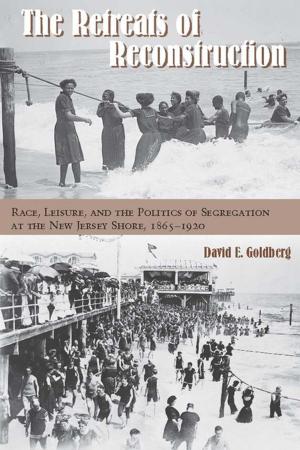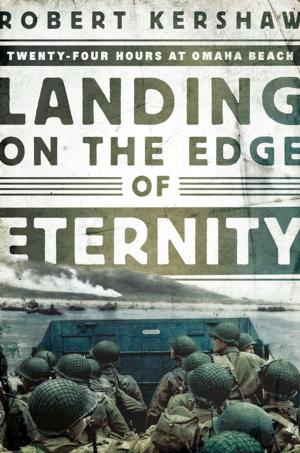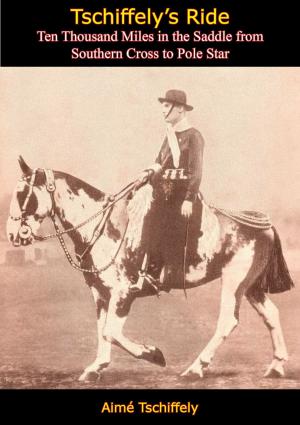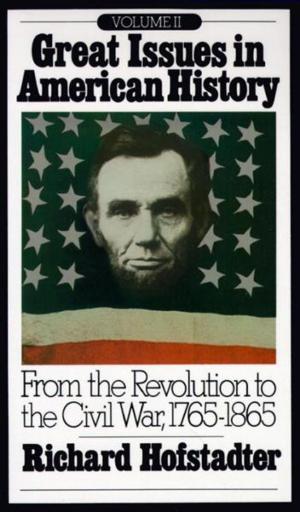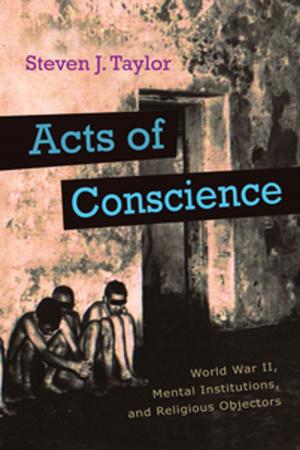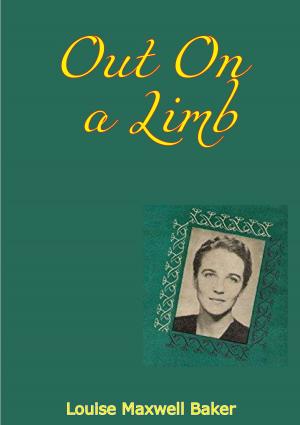Preserve Protect and Defend: The Presedency of Abraham Lincoln
Biography & Memoir, Political, Nonfiction, History, Americas| Author: | Mary Beth Smith | ISBN: | 9781370023820 |
| Publisher: | Mary Beth Smith | Publication: | February 22, 2018 |
| Imprint: | Smashwords Edition | Language: | English |
| Author: | Mary Beth Smith |
| ISBN: | 9781370023820 |
| Publisher: | Mary Beth Smith |
| Publication: | February 22, 2018 |
| Imprint: | Smashwords Edition |
| Language: | English |
As I was studying Lincoln I wondered why a pioneer child would want to learn to read, something no other child at that time wanted to do. These days children want to learn to read because their older siblings do it. Parents read. Their parents take them to the public library (children's section). Parents read to their children. Children conclude that if you want to be a big person, learn to read. But why would a poor pioneer child want to do such an unpopular activity? Especially since pioneer children rarely attended school.
Why did Lincoln want to learn to read? He was an abused child. He was beaten when seen reading and called lazy. He was forced to do hard physical work and turn his wages over to his father and if caught reading was beaten.
Lincoln kept reading because Lincoln was rebellious.
Lincoln became great from reading, writing, studying, thinking, making speeches, working steadily as a lawyer and working continuously on self improvement. We are fortunate that Lincoln was rebellious as a child and learned to read.
There was another rebellious class of people at the time—slaves. Slaves were forbidden to learn to read and write. Many of them made a decision to do the opposite of what their masters ordered. They secretly learned to read and write.
Lincoln as president had a great respect for former slaves who wrote and lectured. To him, they were heroic. Many were self taught and seemed more intelligent than Lincoln himself in spite of being badly mistreated before escaping slavery. Sojourner Truth noticed that President Lincoln seemed to admire black people. She said, “he showed as much kindness and consideration to the colored persons as to the white—if there was any difference, more.” At his second inaugural reception he said to Frederick Douglass, “Douglass, I saw you in the crowd today listening to my inaugural address. There is no man's opinion that I value more than yours: what did you think of it?”
“It was a sacred effort,” said Douglass.
Lincoln became an early martyr for African American Civil Rights. During his last speech he said, “It is unsatisfactory to some that the elective franchise is not given to the colored man. I would myself that it were now conferred on the very intelligent and on those who served our cause as soldiers.”
That was too much for John Wilkes Booth. He decided to kill him.
This book touches on many of the Civil War battles, Lincoln's speeches and writings and most of his actions during his presidency. It is simply writing and an excellent introduction to Abraham Lincoln. It is the third volume in a series which includes his early years, his time as a lawyer and his reentry into politics.
As I was studying Lincoln I wondered why a pioneer child would want to learn to read, something no other child at that time wanted to do. These days children want to learn to read because their older siblings do it. Parents read. Their parents take them to the public library (children's section). Parents read to their children. Children conclude that if you want to be a big person, learn to read. But why would a poor pioneer child want to do such an unpopular activity? Especially since pioneer children rarely attended school.
Why did Lincoln want to learn to read? He was an abused child. He was beaten when seen reading and called lazy. He was forced to do hard physical work and turn his wages over to his father and if caught reading was beaten.
Lincoln kept reading because Lincoln was rebellious.
Lincoln became great from reading, writing, studying, thinking, making speeches, working steadily as a lawyer and working continuously on self improvement. We are fortunate that Lincoln was rebellious as a child and learned to read.
There was another rebellious class of people at the time—slaves. Slaves were forbidden to learn to read and write. Many of them made a decision to do the opposite of what their masters ordered. They secretly learned to read and write.
Lincoln as president had a great respect for former slaves who wrote and lectured. To him, they were heroic. Many were self taught and seemed more intelligent than Lincoln himself in spite of being badly mistreated before escaping slavery. Sojourner Truth noticed that President Lincoln seemed to admire black people. She said, “he showed as much kindness and consideration to the colored persons as to the white—if there was any difference, more.” At his second inaugural reception he said to Frederick Douglass, “Douglass, I saw you in the crowd today listening to my inaugural address. There is no man's opinion that I value more than yours: what did you think of it?”
“It was a sacred effort,” said Douglass.
Lincoln became an early martyr for African American Civil Rights. During his last speech he said, “It is unsatisfactory to some that the elective franchise is not given to the colored man. I would myself that it were now conferred on the very intelligent and on those who served our cause as soldiers.”
That was too much for John Wilkes Booth. He decided to kill him.
This book touches on many of the Civil War battles, Lincoln's speeches and writings and most of his actions during his presidency. It is simply writing and an excellent introduction to Abraham Lincoln. It is the third volume in a series which includes his early years, his time as a lawyer and his reentry into politics.

